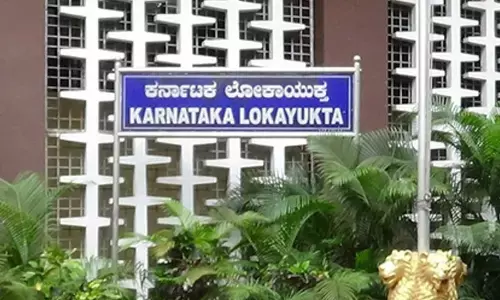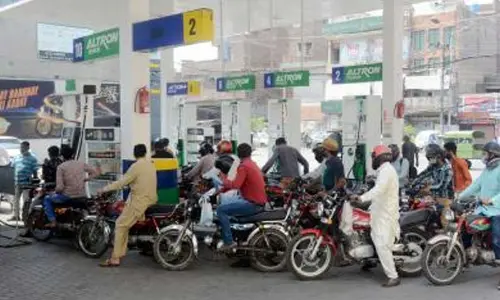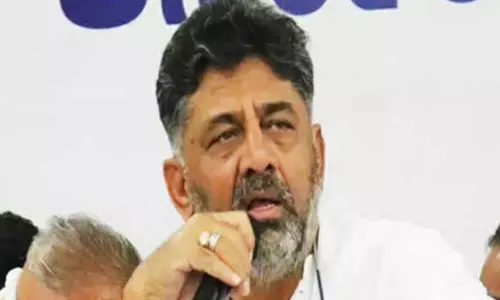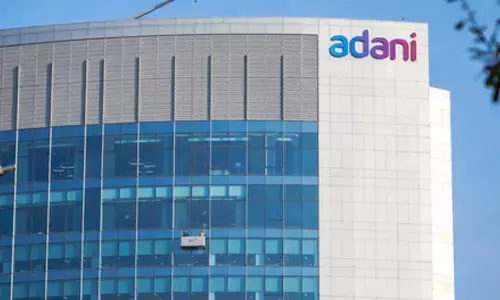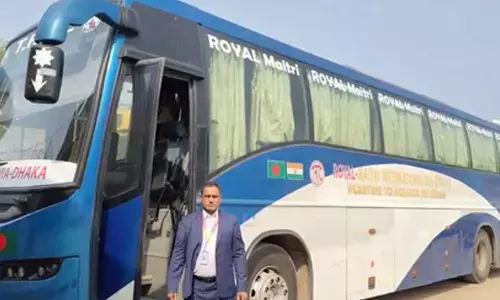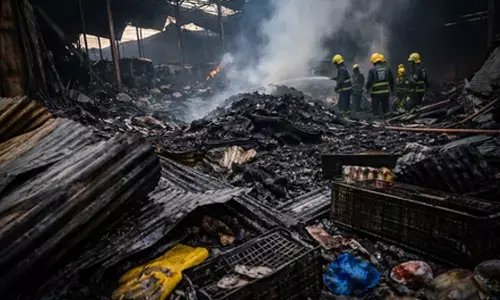Child abuses: Focus on prevention & fast-track justice
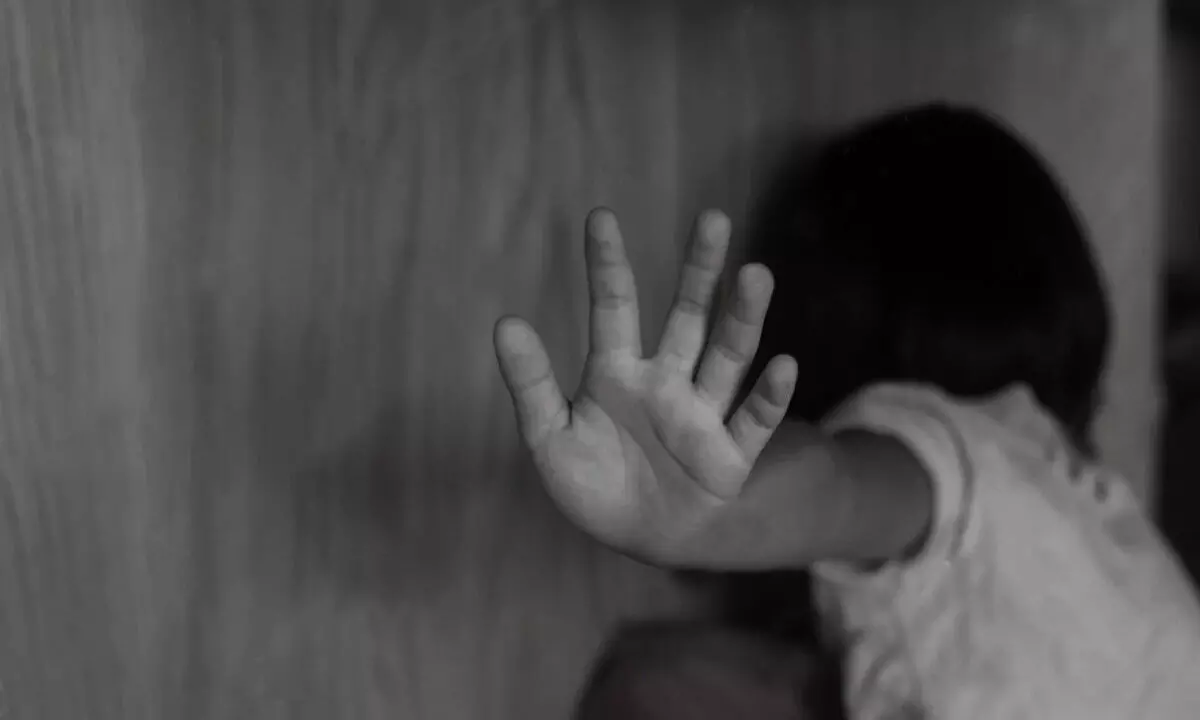
Child abuses: Focus on prevention & fast-track justice
The story of the plight of a POCSO case survivor is one of "betrayed trust and innocence lost, of mind and strife and stolen life" is how Justice S Ravindra Bhat of the Supreme Court put it at a recent debate on POCSO cases.
The story of the plight of a POCSO case survivor is one of "betrayed trust and innocence lost, of mind and strife and stolen life" is how Justice S Ravindra Bhat of the Supreme Court put it at a recent debate on POCSO cases. The seminar was attended by the Chief Justice D Y Chandrachud and Justice B V Nagarathna and it was addressed by the Union Minister, Smriti Irani. Several issues, hitherto either ignored or leased, cropped up in the seminar and if only the government were to take a serious view of the same and implement those suggestions, life would be better for POCSO survivors in the country.
It is always a puzzle for the common man in this country as to why the governments just pass a cold law and be done with it ignoring more humane angles involved in it of the victims. The inaugural session of the two-day national consultation on the Protection of Children from Sexual Offences Act (POCSO Act) organised by the Supreme court Committee on Juvenile Justice in association with UNICEF saw Smriti Iran emphasising on the need to prevent the re-traumatisation of child sexual abuse survivors during the justice delivery process.
Our system lacks a sensitive police administration which ignores the trauma of the victim at the time of collection of evidence or engaging with the victim. Is this repeat of the trauma process necessary? The Centre had actualised over 1,000 fast-track courts with the support of Nirbhaya fund and out of these 300 are particularly dedicated to the cause of children and the POCSO Act. But, as justice Nagarathna pointed out, setting up of more fast track-courts under the Act will be futile unless it is complemented with appointments of more judges. This is a pertinent point because there are 2.6 lakh pending cases and setting up of nearly 400 fast-track courts is not going to tackle the problem. No doubt, the move is welcome but unless more judges are appointed with training and sensitization of judges, public prosecutors and police personnel, it is not going to help the cause of the POCSO victims. It is necessary to administer justice that is respectful of the rights of the child including rights to due process, right to participate in and understand the proceeding and right to privacy and dignity of the child.
An issue that was rightly highlighted was the question of consent under the Act which stands at 18 years which is posing difficulties to judges dealing with such cases. This is a matter that the Legislature should deal with. But, given its priorities and the attitudes of our Lawmakers, could we expect the same? However, as the consultation felt, the POCSO Act is understood rather unidimensionally. The abhorrent nature of the crime which renders children into victims, securing punishment corners much attention. The priority should also be in securing restorative justice in the form of child's rehabilitation and healing. A focus on child-centric and rights-based approach necessitates a review of how different stakeholders are adopting the special rigours and facilitating the wide protections that this legislation affords children, as the consultation heard.


